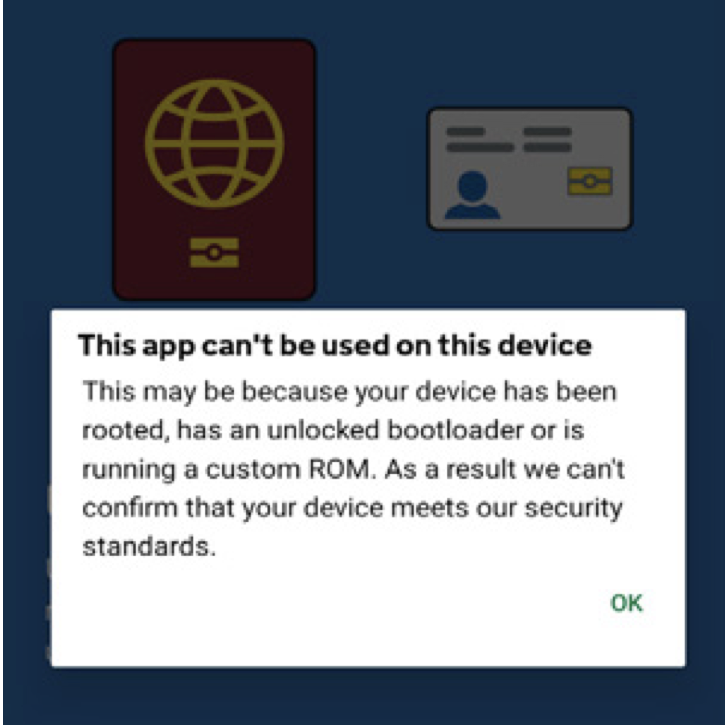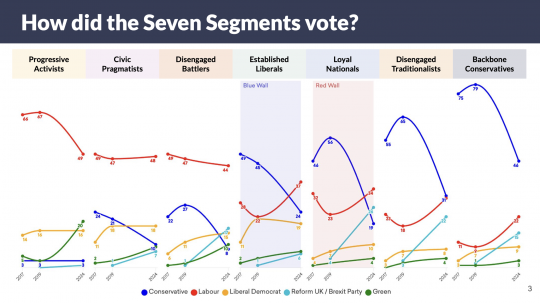A new report by digital rights campaigners, Open Rights Group, has warned that the Government’s e-Visa scheme could lead to a digital Windrush scandal where people who have the right to be in the UK are unable to prove it, with life-changing consequences. E-Visas: Hostile and Broken identifies flaws in the scheme’s design, rollout and implementation and recommends that the Government stops the scheme before it comes into effect on January 1, 2025.
Migrants from outside the EU have physical documents to prove that they and their families could live, work or study in the UK. These can be physical cards, such as Biometric Residence Permits (BRPs) or Biometric Residence Cards (BRCs), or stamps or stickers in people’s passports. The Government wants to replace all these with a digital status that is generated every time someone has to prove their immigration status. People needing to prove their immigration status will need to create a UKVI account by 31 December 2024 to be able to access this digital status.
E-Visas were first tested and implemented through the EU Settlement Scheme, the immigration system set up for EU citizens who were residents in the UK before Brexit, and their family members.
The Home Office has set all BRPs to expire by 31 December 2024, meaning that BRP holders face serious issues if they haven’t set up a UKVI account by the end of the year.
Monique Hawkins, Research and Policy Officer for the3million: “The Government has inherited a completely unrealistic digitalisation programme which has already ruined the lives of many EU citizens in the UK. It will now put at risk the rights of four million more migrants, leaving people without reliable proof of their immigration status and at the hands of the hostile environment.
We need the Home Secretary to safeguard against this catastrophic cliff-edge and start working with civil society to implement a better form of digital status which allows for physical backups.”
According to the group, there have been multiple issues with initial emails sent by the Home Office inviting people to create a UKVI account, including emails being sent to the wrong people. There has been no public awareness campaign to ensure that all those who are affected know they need to apply for an e-Visa.
There is particular concern about the 200,000 people in the UK who have legacy documents proving their right to be here, and who are expected to first apply for a BRP and then apply for a UKVI account. As with the Windrush scandal, these tend to be older people who may not know they need to apply for an e-Visa until they try to access health or other public services.
Zoe Bantleman, Legal Director, Immigration Law Practitioners’ Association (ILPA) stated: “The Home Office has had many years to prepare for the phasing out of physical proof of immigration status for millions of people in the UK. It has failed to heed repeated warnings from experts in the sector.”
Bantleman continued: “We remain deeply concerned that the woeful lack of planning and poor implementation of the digital-only immigration system will lead to a repeat of the Windrush scandal: countless migrants will have immigration status but will be unable to prove it. If mitigating measures are not put in place as a matter of urgency, from 1 January 2025, people could be denied re-entry to the UK after travelling abroad and be unable to access services and prove their right to work, rent and study in the UK, as a result of the UK’s hostile environment. The Home Office must listen and act now to safeguard the rights of all those impacted by this cliff-edge switch to eVisas.”
Previous schemes, such at the EU Settlement Scheme, have demonstrated that digital-only schemes are susceptible to incorrect data, system crashes and Internet outages. Many of these errors relate to a lack of data integrity, such as mismatching individual’s records or failure to update records when new decisions are made. Errors and problems include: people seeing incorrect details on their accounts; people’s status being entangled or conflated with someone else’s and people being unable to access their status when they need to because the system has crashed.
Sara Alsherif, Programme Manager for Migrant Digital Justice at Open Rights Group: “The e-Visa scheme is yet another failed IT project that could have life-changing consequences for thousands of people in the UK. The Home Office has not learned lessons from previous mistakes nor listened to the concerns of migrants and the groups that represent them. With the deadline for e-Visa applications just months away, we urge the new Home Secretary to take urgent action in order to prevent a digital Windrush scandal next year.”




